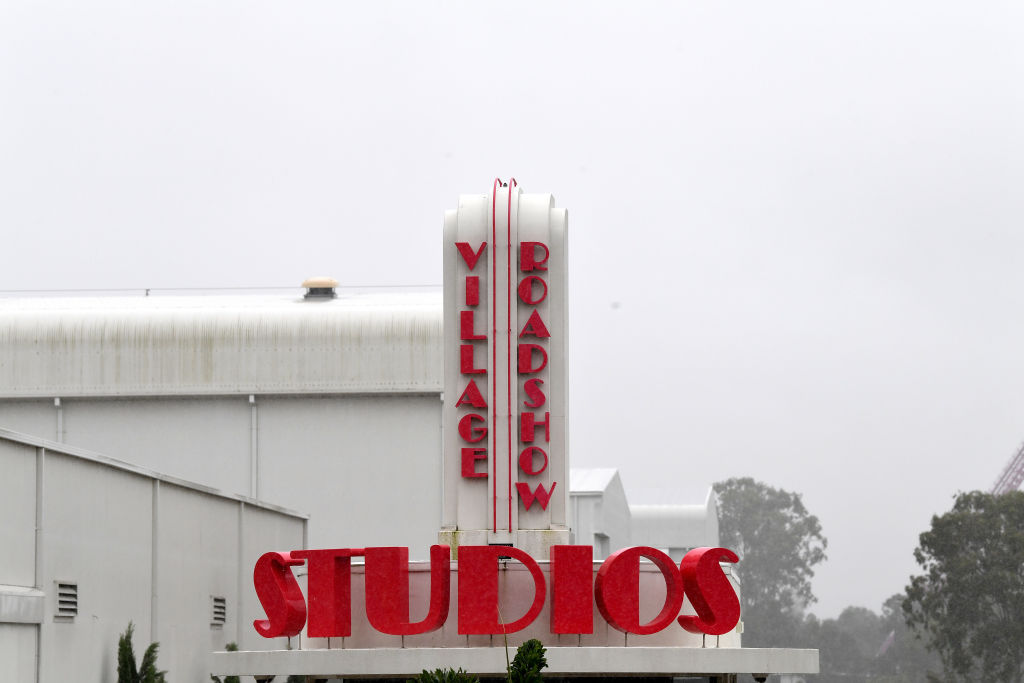
- Industry
COVID-Safety Down Under: Australia Is Open For Film Business
While the Hollywood film and TV industry is still trying to figure out how to safely return to work, Australia has put out ‘Open for Business’ signs, both domestically and abroad, with their newly-released COVID-Safe Guidelines.
The 41-page document gathers together the first official recommendations approved by both federal and state governments, addressing every aspect of production from handling props to having cast refrain from physically touching each other during filming.
“There are already a range of productions which have been able to continue during the shutdown and these guidelines offer a clear sign that the rest of the industry is positioning itself to resume activity too,” says Screen Producers Association CEO, Matt Deaner.
The COVID-Safe Guidelines were developed by the Australian Screen Sector Task Force, consisting of Screen Producers Association, Academy of Film, Television and Radio Society, Screen Australia, Ausfilm, ABC, SBS, Media, Entertainment and Arts Alliance, state agencies, guilds, unions and a number of prominent production companies, in consultation with the Commonwealth Department of Health and global law firm, Clyde & Co.
To illustrate how detailed the Australia guidelines are, here are some examples;
- Require cast to handle hand-held props out of a sanitized bag and return the prop to the same bag when finished
- Require individuals to change their own batteries in communications units
- Dispatch sound cards or drives (cleaned with disinfectant wipes) to the data wrangler only once daily
- Restrict viewfinders to individual use only, and require sanitization after each use
- Plan purchases to minimize trips needed to brick and mortar stores
Screen Australia CEO Graeme Mason adds, “These guidelines are an essential tool to help the Australian industry get back to the business of creating world-leading screen stories. Our focus must turn to how we can support productions when filming resumes. This is likely to be a slow and slightly uneven process as each production is different and has its own issues and requirements. But we all take encouragement and lessons from those projects which have kept going during this time and those that have already resumed, and we are committed to growing that number when possible.”
The popular prime-time soap opera Neighbours – famous for discovering Aussie actors including Margot Robbie and Guy Pearce – became the first suspended TV drama in the English-speaking world to set safety protocols and restart production, after only a four-week hiatus. In a recent interview with Australian website IF, Neighbours actress Collette Mann revealed that producers had invited some cast to sit in on zoom meetings with writers, directors, and safety officers while planning their return to work. “Viewers will notice we don’t sit close to each other anymore, but the integrity of the script is there,” she says.
Neighbours producer and writer Jason Herbison has been rewriting scripts to accommodate the new filming paradigm, cutting down scenes that featured four or five characters to the required limit of three. And Mann reveals one filming trick that could prove popular in Hollywood even after the virus is no longer a threat, describing a scene filmed with two actors separately kissing a mirror so the scene could be spliced together in editing to make it appear as if they are kissing each other.
The U.S.-financed horror film, Children of the Corn, also remained in production outside Sydney without taking a break at all, asking cast and crew to remain in a ‘bubble’ and avoid outside contact with family and friends until the shoot had wrapped. The film, based on Stephen King’s short story, was also granted an exemption because the cornfield used as the main location was specifically grown for the production months earlier and if the delay led to the crop dying, it would be unable to resume at all.
Screen Australia confirms approximately 120 productions were directly affected by the shutdown, causing estimated damage to the film and TV sector in excess of $2 billion and affecting over 30,000 working employees, freelancers, and contractors. But because of the swift decision to close its borders and create a national contact tracing app, the death toll remains just over 100, and Aussies are slowly emerging from lockdown to enjoy a level of freedom that U.S. residents can only dream of, for now.
Check out the entire document here:

